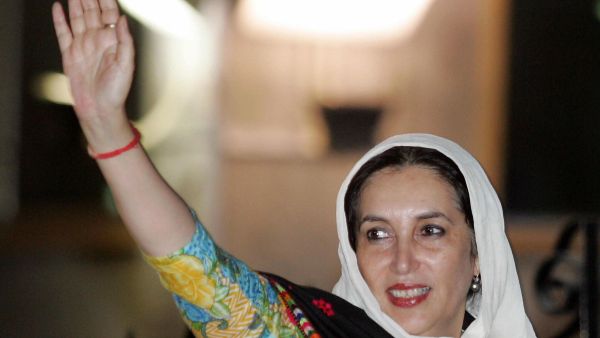Welcome to the party, America! 11 Muslim women who have been PM or president
Hillary Clinton gave a victory speech Tuesday night positioning herself as the logical conclusion of the first women’s rights meeting at Seneca Falls in 1848. Along the way, other milestones have included women gaining the right to vote, in 1919 and the first woman elected to the Senate, in 1932.
But the US was late. Australia, Denmark and Iceland preceded us in granting the vote to women in national, parliamentary elections. The republic of Azerbaijan, a Muslim-majority country, granted the franchise to women in 1918.
Continue reading on Informed Comment
Ritual matter(s): Nowruz ceremonies of the Zoroastrian New Year in Iran
The Zoroastrian New Year coincides with the Spring Equinox. It marks not only the beginning of the calendar, but the renewal of life in its perennial struggle with death. This annual milestone is an occasion for celebration, and involves a series of ritual arrangements and acts.
Perhaps the most widely known among these is the ceremonial spread called the Khan-e Nowruz or the Haft Chin. It features a variety of objects that symbolize key figures and values of Zoroastrian cosmology. The arrangement of this spread — or most of its elements — has historically emerged as a cultural practice shared among numerous peoples across West Asia, the Caucasus, and India.
Continue reading on Ajam Media Collective
#Trending: Saudi Ramadan comedy Sunni-Shia sectarianism
The second episode of #Selfie, starring comedian Nasser al-Gassabi, which was aired on MBC on Tuesday has received mixed reviews from viewers, including calls for the show to be stopped.
The episode revolves around two clerics - one Sunni and one Shia - whose sons are switched at birth, 20 years laters the men find out about the mix up at hospital and try to reconnect with their biological families.
Continue reading on The New Arab







